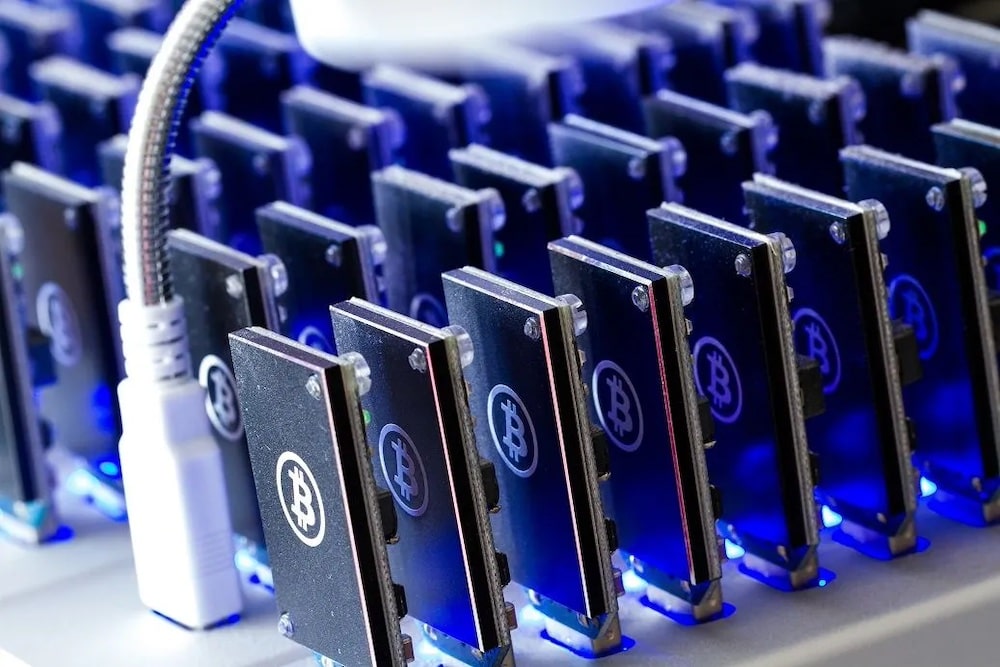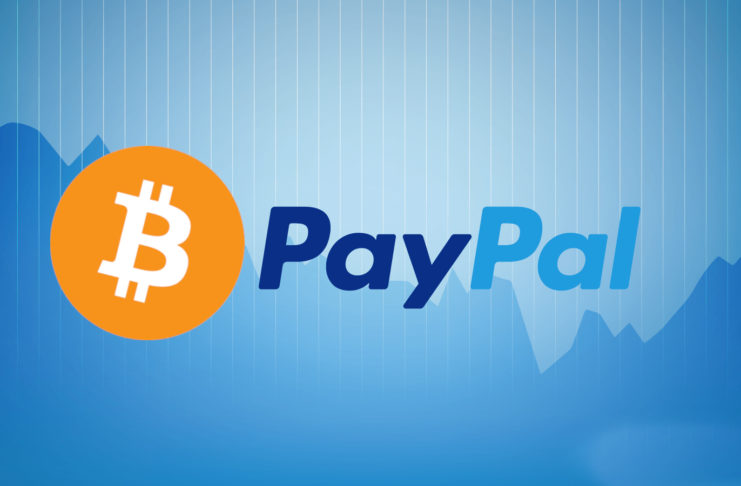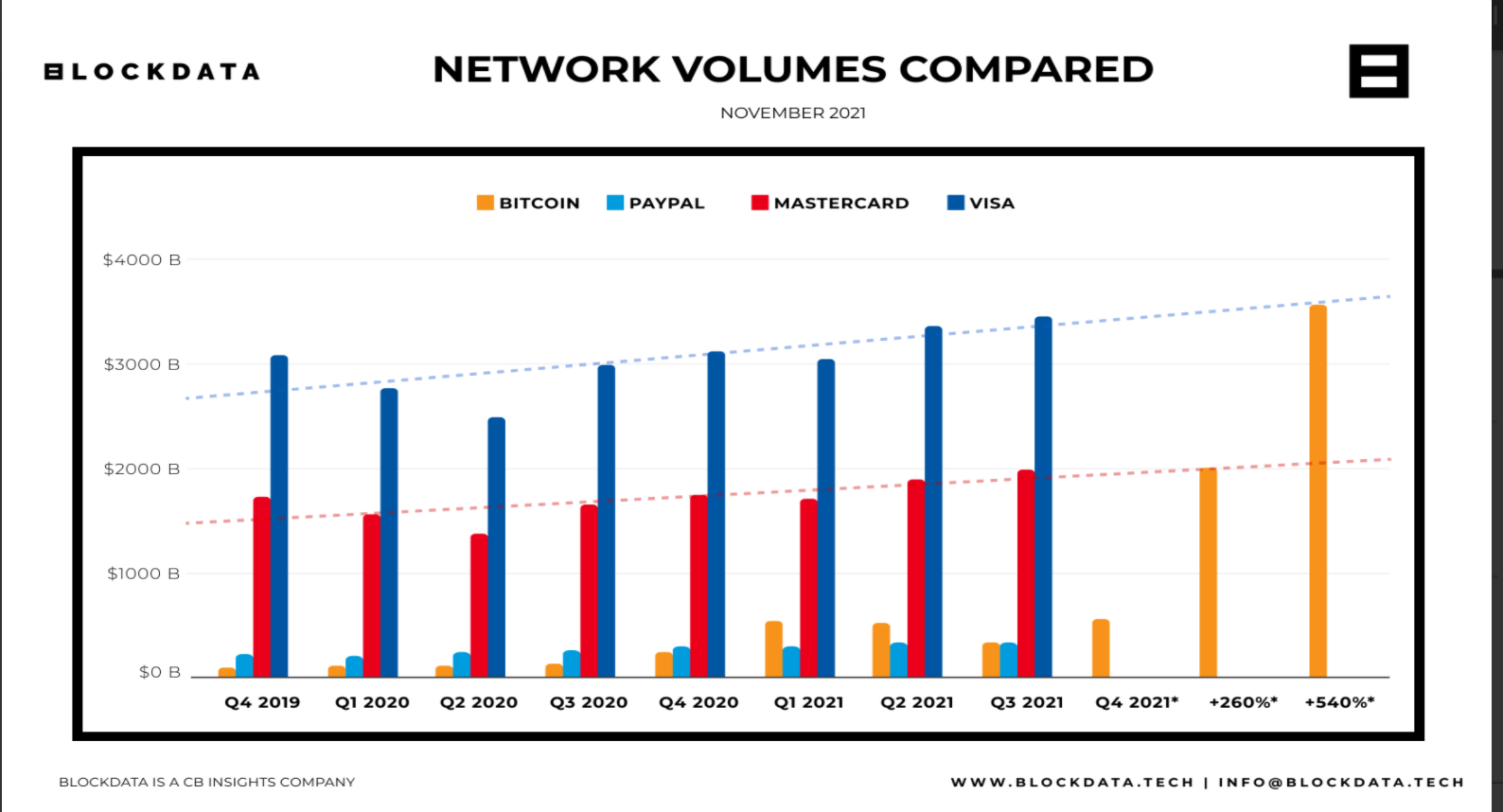In the last 14 years of cryptocurrency innovation, digital payment options have gradually replaced traditional payment in nearly every industry. Earlier today, Skylux Travel announced that it has launched a new digital payment platform backed by Triple-A, a leading cryptocurrency payment company licensed in the United States.
Demand For Crypto Payment Options
Skylux Travel is a full-service company based in the U.S. that focuses on providing customers with a luxury and business travel experience globally.
The latest launch followed an increasing demand for varying payment options, allowing customers to book an online flight ticket using cryptocurrency while certifying a seamless and secure reservation experience for tech-focused customers.
Varying Options-Happy Customers
In addition, the recent payment option will allow customers to use well-sought-after cryptocurrencies like BTC, ETH, USDC, and other digital currencies for their travel bookings. Crypto payment solutions within the travel sector will allow customers to enjoy innovative and flexible payment options.
Moreover, the travel agent requires customers who want to leverage the new payment options to choose a preferred digital currency. Once payment is confirmed on the blockchain, customers will receive an email containing details about their flight tickets and reservations.
Triple-A will oversee the transaction process, from the Know Your Customer (KYC) essentials to the crypto-fiat conversation and compliance check to protect Skylux customers from volatility.
Seeing this as a significant move, the CEO at Triple-A, Eric Barber, stated:
“Digital currency adoption within the travel sector is growing, as customers seek flexibility and innovation in the payment options they are offered. Our partnership with Skylux Travel allows us to cater to the demands while setting a new standard for convenience and security in luxury travel.”
Like Skylux, other platforms have bridged traditional firms with crypto payment procedures. An example is the Asian rider app TADA, which launched a new Telegram-based mini-application that will allow seamless cryptocurrency transactions between riders and customers on the TON (The Open Network) blockchain.









